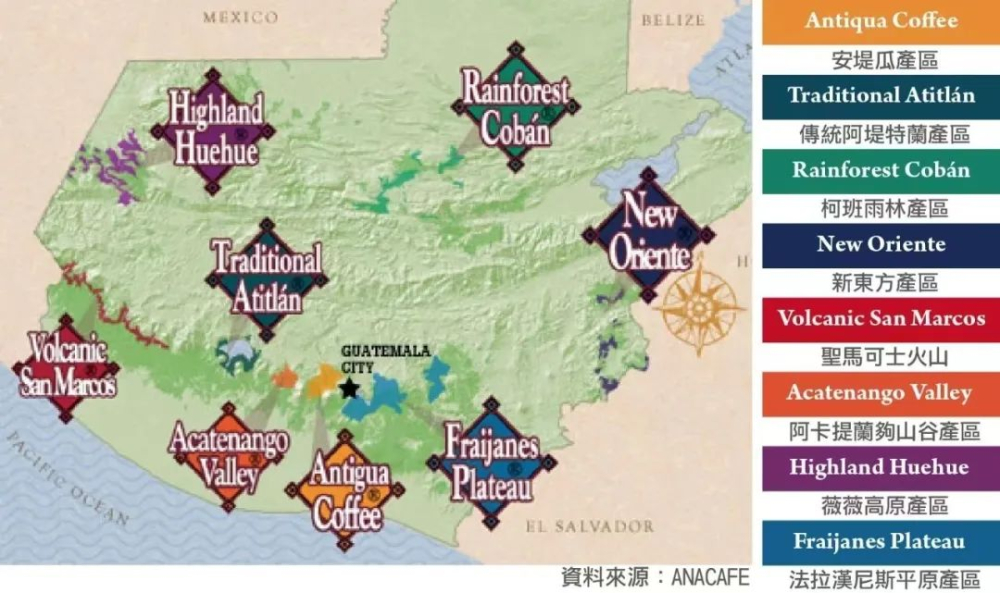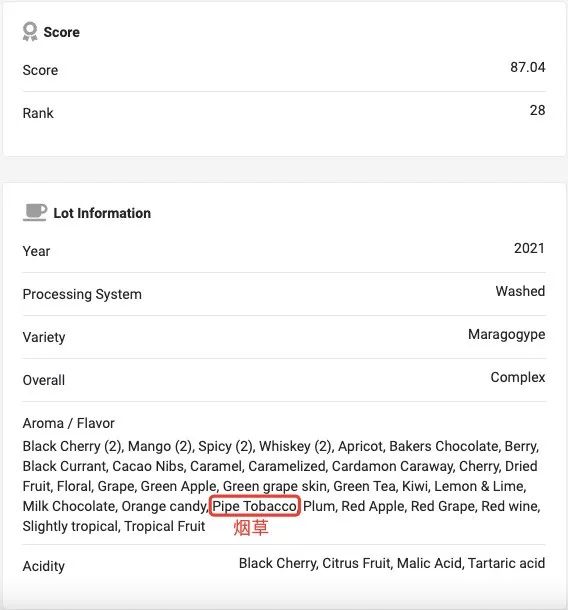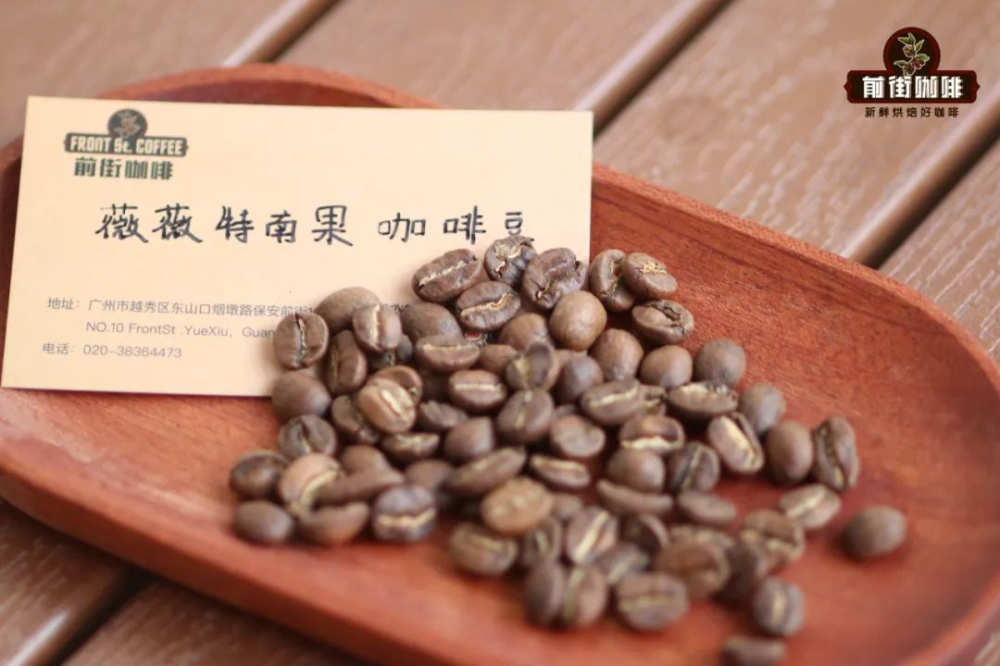Is it normal for Guatemalan coffee beans to smell smoky? The solution to the smell of smoke in coffee roasting
If there is a smoky taste in the coffee, it is generally considered to be a bad coffee with a defective taste.
To infer which process has gone wrong from planting to cooking, baking is the most likely. In the process of baking, with the gradual rise of the temperature in the furnace, the water of coffee beans continues to evaporate, and part of the silver skin falls off, which will produce smoke.

At this time, it is necessary to open some air doors to increase the convection of the air and discharge the fallen silver skin and smoke. If the throttle is not enlarged, the smoke will stay in the stove and smoke into the coffee beans. Then we will drink the smoky taste of the coffee. This smell will be more obvious, choking the nose, making the throat uncomfortable, so it will be classified as defective flavor. But not all smoky flavors are due to the defective flavor caused by baking. About two years ago, a middle-aged uncle walked into the front street cafe. Through exchanges, I learned that my uncle did business in Colombia and Venezuela in his early years, and later returned home because of changes in the business environment. When he was in Colombia, he fell in love with drinking coffee. For a long time, he only drank a bean baked by a local baker, and even if he returned home, he brought it back by asking local friends to bring it back. However, due to the epidemic, the coffee over there could not be shipped back, and my mouth tickled with greed. Later, I learned through my friends that there were many beans in front of the street, so I came to look for beans. "the exact place is not clear, but the taste is very special, there will be a smell of old smoke gun, at that time favorite is smoking, while drinking that kind of coffee, always exciting (very delicious) …..." The uncle is talking about Guatemalan coffee beans. The smoky smell of Guatemalan coffee beans is not an artificial special treatment process, nor is it the smoky baking taste caused by mistakes in baking. It's about the soil and water here.

Guatemala has tropical rain forests, volcanic soil, plateau valleys and more than 300 microclimates. It also creates a variety of flavors of Guatemalan coffee beans, such as citrus acid, lemon peel, nutty and smoky (tobacco) in the same cup of coffee. The smoky taste of Guatemalan coffee is not the kind of irritating and irritating taste, but a slight, light smoke smell like lighting tobacco, so friends who like smoking like the coffee in this place very much. Just like the smoky description can be seen in the Guatemala Excellence Cup in 2021.

There are also two Guatemalan coffee beans on the front street, Vivette Nan Fruit and Antigua. Vivette south fruit producing area is not in the volcanic area, although the lack of volcanic high mineral soil, but better than high altitude, dry climate, and rich water sources, very suitable for growing coffee beans with high hardness. The acidity of Vivette Nan Fruit Coffee is very lively and often tastes citrus-like acidity with a touch of lemon peel freshness. But it also has the smoky and nutty aromas of Guatemalan coffee. Qianjie thinks that although this bean is not very good, it can fully reflect the flavor of Guatemala, so it has become the Guatemalan rations bean in Qianjie.

Antigua producing area is located in the volcanic area. The rich volcanic soil and the huge temperature difference between day and night make the coffee here very strong in aroma and sweetness. On the front street are the Flower God coffee beans of Raminita Manor, which is famous for its strict high standards of planting, processing technology and quality control. Therefore, it can be said to be the first echelon in Antigua in terms of quality. The smoky smell of this coffee bean is not very strong, looming. The fruit is very sour and sweet, and has a thick taste.

Perhaps, when you are tired of drinking rose summer, a cup of Guatemalan coffee will have a remarkable experience. The friend echoed, "there is also rosy summer coffee in Guatemala!"
Important Notice :
前街咖啡 FrontStreet Coffee has moved to new addredd:
FrontStreet Coffee Address: 315,Donghua East Road,GuangZhou
Tel:020 38364473
- Prev

There are five major misunderstandings in hand-brewed coffee. What are the problems in making coffee?
Hand-brewing coffee is an easy and difficult course to master! In today's era of more and more online learning information, the threshold for self-study is getting lower and lower, but the "free" knowledge is often lack of systematic carding, and it is difficult to cover all aspects. As a result, many self-taught friends are very easy to get into misunderstanding. So you will go through
- Next

Introduction to the preparation method of grinding degree and proportional time of cold-extracted coffee the difference between ice-drop cold-extracted cold-brewed coffee
Recently, many friends asked about cold coffee, so Qianjie took this opportunity to talk about "cold coffee". Cold coffee is actually different from the usual hot water brewing coffee. It is the coffee liquid extracted by soaking or dripping coffee powder in cold water for a long time. Cold bubbles and ice droplets are the most common forms of cold extracted coffee. But now
Related
- Beginners will see the "Coffee pull flower" guide!
- What is the difference between ice blog purified milk and ordinary milk coffee?
- Why is the Philippines the largest producer of crops in Liberia?
- For coffee extraction, should the fine powder be retained?
- How does extracted espresso fill pressed powder? How much strength does it take to press the powder?
- How to make jasmine cold extract coffee? Is the jasmine + latte good?
- Will this little toy really make the coffee taste better? How does Lily Drip affect coffee extraction?
- Will the action of slapping the filter cup also affect coffee extraction?
- What's the difference between powder-to-water ratio and powder-to-liquid ratio?
- What is the Ethiopian local species? What does it have to do with Heirloom native species?

